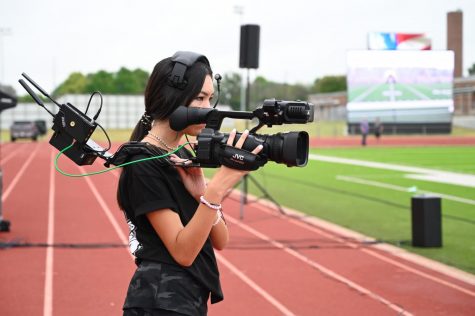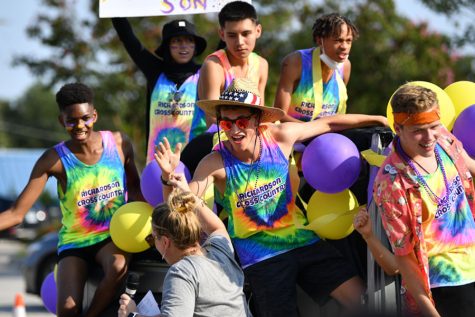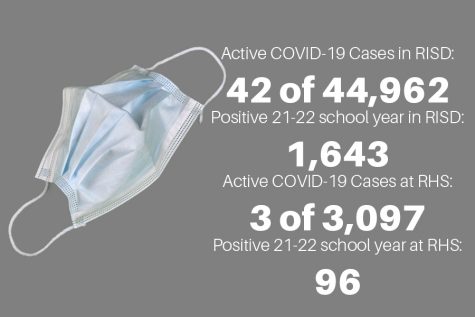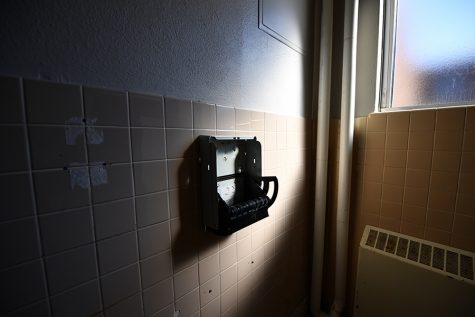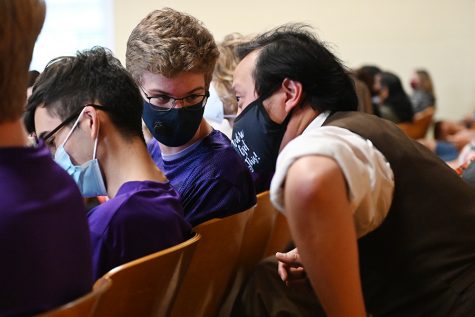District Leaders Propose Pilot Program Prohibiting Cell Phone Use in Secondary Schools
On Thursday, the Richardson ISD Board of Trustees will vote on a proposal to purchase magnet-locked phone pouches to enforce the district cell phone policy.
On Thursday, the Richardson ISD Board of Trustees will vote on a proposal to purchase magnet-locked phone pouches to enforce the district cell phone policy. Interim Superintendent Tabitha Branum, along with secondary principals will recommend purchasing Yondr Pouches for Forest Meadow Junior High to serve as a pilot program.
“It will allow RISD to gather more data to see how effective the Yondr system is before investing in a districtwide solution,” Branum said in an email to parents on August 10.
Students will turn off their phones and place them into the Yondr Pouches, which they will keep with them during the school day. Students can open the pouches at unlocking stations and retrieve their phones at the end of the day. The administration says the goal is to limit distractions and disciplinary situations.
“Our teachers, principals, and school staff have been asking for the district to take action, as the classroom and academic distractions from cell phone use became a daily occurrence,” Branum said in a video released on the RISD website.
Other issues cited by district leaders include cyberbullying, privacy violations and safety concerns. Principals reviewed different ideas to combat these problems and enforce the current cell phone policy, which states that cell phones and other electronic communications devices may only be used during school hours “for instructional purposes and with specific permission from the classroom teacher.”
Students who don’t have access to their phones can use their Chromebooks to communicate with parents during the school day via their district email accounts. If a lockdown occurs, staff can unlock the Yondr pouches so students can reach out to their parents when it is safe to do so. Additionally, students who have 504 accommodations that allow them to use their phones to manage health conditions will be allowed to continue doing so.
“Cell phones are an important tool for all of us,” Branum said. “But during the school day, our students need to be engaged in teaching and learning.”
According to a survey of schools that have used Yondr, the majority have found improvements in academic performance, student behavior, and student engagement.
The original idea for an updated cell phone policy, which proposed implementing the Yondr Pouch in every secondary school, received backlash from some RISD parents and students who cited safety, self-discipline and effectiveness-related concerns about using the Yondr system districtwide. A Change.org petition titled “Bring back phones to RISD!!!” was created after the proposal was announced and accumulated more than 3500 signatures.
“Students who play on their phone instead of listening or working are likely to find other ways of not paying attention, and students who want to pass their classes can do so with their phone on them, like they have for years,” senior Ella Davis commented on the petition.
Others support the idea of the Yondr pouches being implemented in all RISD secondary schools without a single school pilot program.
“When it is time to learn, the phones being put away will increase focus on academics and what is being taught, rather than what is trending on social media,” RHS parent John Moore said.
Parents are encouraged to share their thoughts about the proposed update by using the RISD website’s Let’s Talk feature. If the policy is approved by the Board of Trustees, Forest Meadow Junior High will start using Yondr pouches during the first weeks of the 2022-2023 school year.
“Our secondary principals understand that some students will have concerns but are steadfast that this is the right decision to support the growth of our students, both academically and as individuals who are part of a school community,” Branum said.


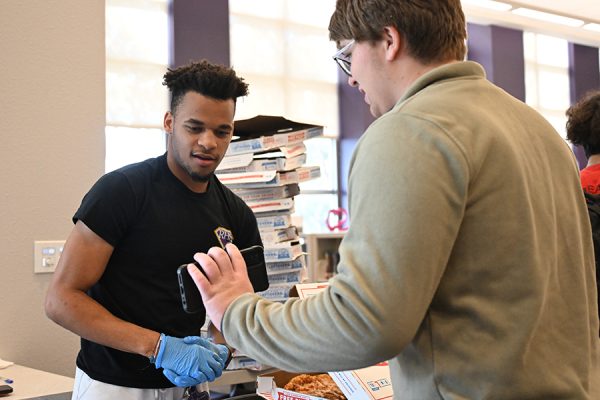
![Katherine Dodgen teaches during first period Algebra 2. She [Elaine Dodgen] was always really supportive of everything that I wanted to do, Dodgen said. Even when there were people who doubted me, she always believed in me. Photo credit: Shea Southern](https://thetalononline.com/wp-content/uploads/2023/10/Dodgen-foundation-600x400.png)
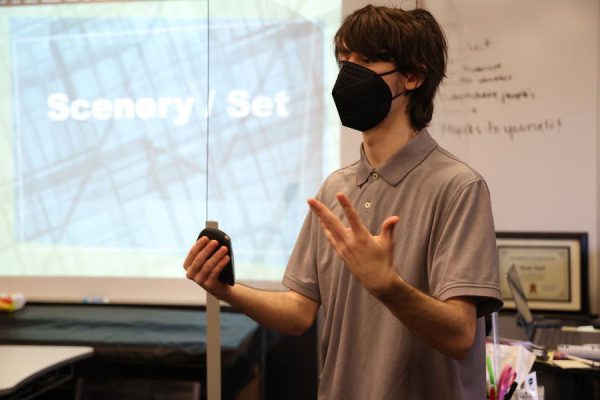
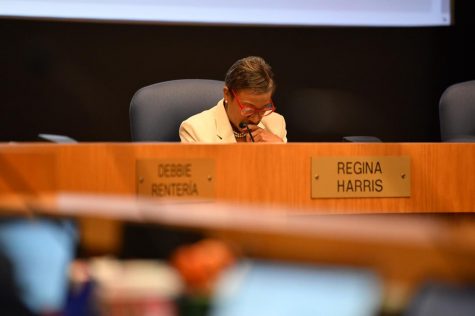
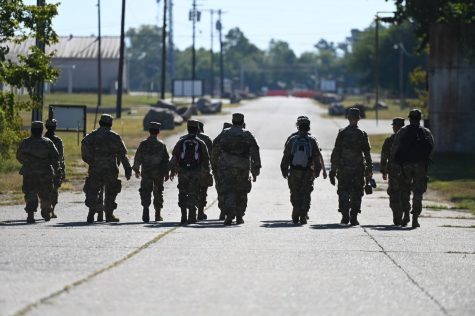

![The Halloween project came back for its second year while students were asked to design a functioning, spooky-themed machine that could run purely mechanically. They [the projects in this class] are fun, and interactive, and then informative, said Abubakar Bakatunde, a tenth grader in the class.](https://thetalononline.com/wp-content/uploads/2023/01/robotics-475x317.png)

